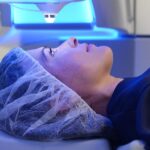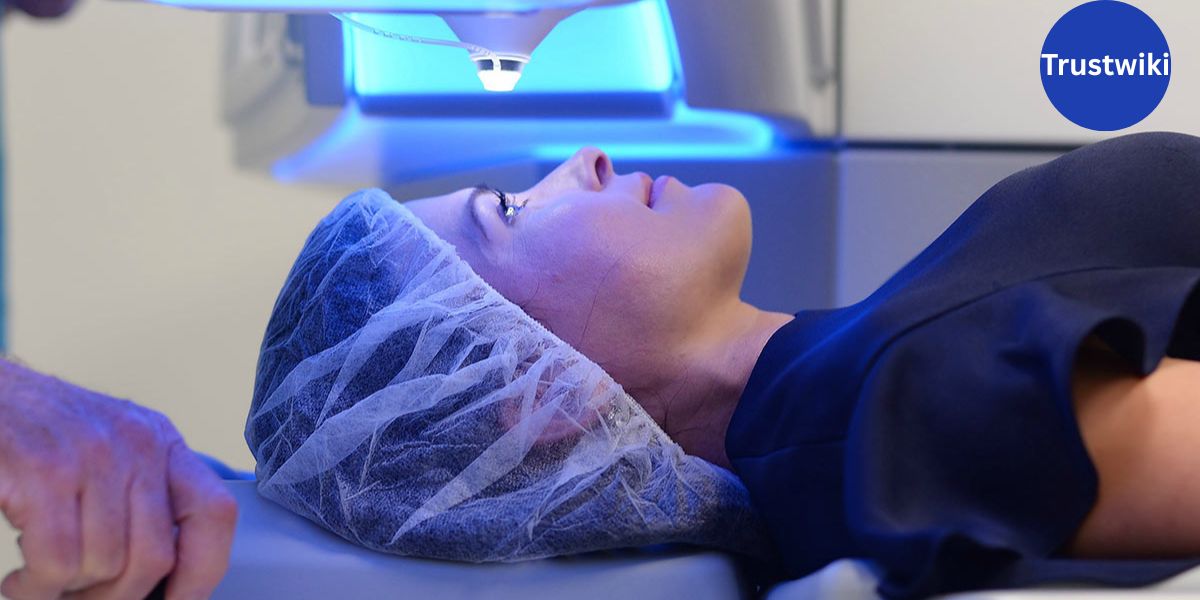Vision correction surgery represents one of the most significant elective medical procedures individuals consider in their lifetime, with outcomes directly affecting quality of life and daily functioning for decades to come. Selecting trusted laser eye surgery providers rather than prioritizing cost considerations alone can dramatically influence both safety profiles and visual outcomes. While the marketplace includes numerous options across various price points, the risks associated with compromising on provider quality extend far beyond temporary inconvenience—potentially resulting in permanent visual complications that could have been avoided. This analysis examines the evidence-based advantages of partnering with established, reputable laser vision correction centers when considering this life-changing procedure.
Advanced Diagnostic Capabilities and Technology Access
Premier laser eye surgery clinics invest heavily in comprehensive diagnostic technologies:
Cutting-edge imaging systems including high-resolution corneal topographers, wavefront aberrometers, and anterior segment OCT provide microscopically detailed analysis of ocular structures. This precision enables detection of subtle irregularities that might contraindicate surgery or require treatment modifications. Research demonstrates that comprehensive preoperative screening identifies approximately 15-20% of candidates with previously undetected risk factors.
Multi-platform laser technology access ensures that treatment recommendations prioritize patient suitability rather than forcing all cases through a single available system. Trusted centers generally maintain multiple FDA-approved laser platforms to address different refractive conditions optimally.
Integrated data management systems allow for sophisticated analysis of combined diagnostic metrics, leading to more personalized treatment profiles. These systems correlate findings across different measurement modalities to identify patterns that might not be evident in isolated test results.
Surgeon Expertise and Specialization
The quality of laser vision correction relies heavily on the human expertise behind the technology:
Fellowship-trained refractive surgeons have completed additional specialized education beyond standard ophthalmology residency, developing advanced skills specifically in corneal and refractive procedures. This intensive training typically includes at least 12 months of specialized surgical experience.
High surgical volume maintains technical proficiency and pattern recognition abilities critical for identifying potential complications. Studies consistently demonstrate that surgeons performing at least 300 procedures annually maintain optimal skill levels and complication management capabilities.
Active participation in clinical research and professional development indicates commitment to advancing the field and implementing evidence-based improvements. Leading surgeons regularly contribute to peer-reviewed literature and clinical trials evaluating new technologies.
Specialized focus on refractive surgery, rather than general ophthalmology with occasional laser procedures, ensures deeper expertise in this specific discipline. Dedicated refractive surgeons encounter and manage a wider variety of cases and complications, developing more nuanced judgment.
Comprehensive Candidacy Assessment
Trusted providers prioritize appropriate patient selection over procedure volume:
Rigorous screening protocols identify contraindications that might increase risk or compromise outcomes. Research indicates that approximately 15-20% of individuals interested in laser vision correction have undetected conditions that should either disqualify them temporarily or permanently from certain procedures.
Transparent discussion of realistic expectations and potential limitations helps patients make fully informed decisions. Quality providers discuss not just the benefits but also the limitations of each procedure type, including potential side effects like dry eye or night vision changes.
Willingness to recommend against surgery when appropriate demonstrates ethical practice prioritizing patient welfare. Premier clinics maintain clear records of patients advised against procedures and regularly audit these recommendations as part of quality assurance.
Consideration of lifestyle factors, occupational requirements, and specific visual demands ensures treatment recommendations address individual needs. This personalized approach considers factors beyond simple refractive measurements.
Comprehensive Aftercare Protocols
Quality providers maintain responsibility for outcomes well beyond the surgical date:
Structured follow-up schedules with appropriate frequency and duration ensure proper healing monitoring and early intervention if needed. Standard protocols typically include evaluations at 1 day, 1 week, 1 month, 3 months, 6 months, and annually thereafter.
Clear management plans for addressing common postoperative issues like dry eye or fluctuating vision provide reassurance and continuity of care. Established clinics maintain dedicated protocols for managing these situations rather than reactive approaches.











